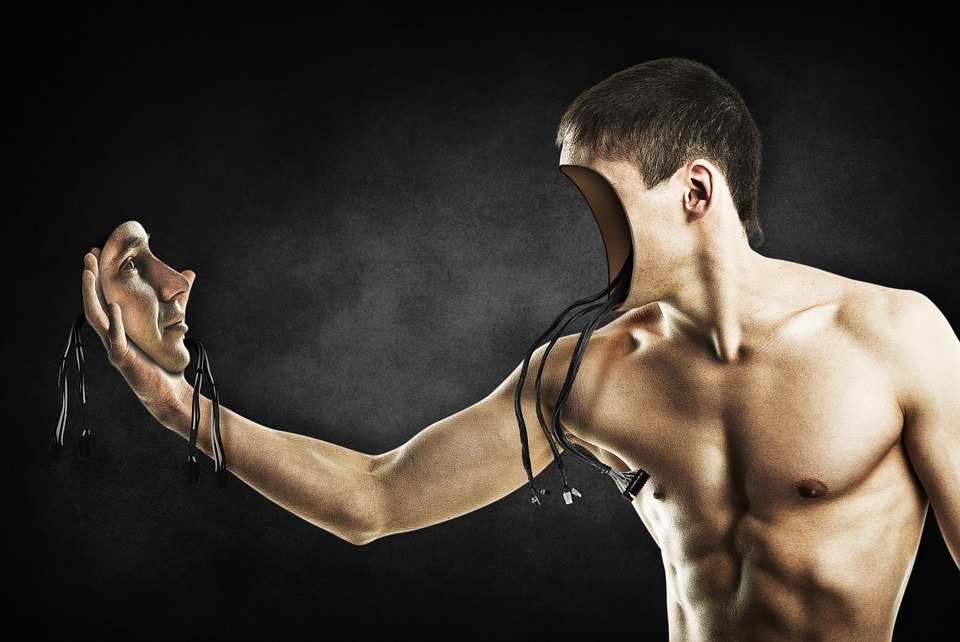Technology is changing all the time. As soon as you buy one new device, there is a better one available. Over the next five years, there will be new products and services which will change our lives again, and there will be some products and services which we will stop using. Here are five things which some people believe we won't be using in five years' time.
1 CashWe can already pay for most things with debit cards or credit cards, and many people use online banking or mobile banking to transfer money or pay bills. Electronic payments are becoming more and more common, and mobile banking is becoming so easy to use, that fewer people are using cash. And if we don't need cash, we won't need cash machines, so they could disappear, too.
2 USB sticksAccording to recent studies, 70 percent of the world will be using smartphones by 2020. Smartphones can now link to many other pieces of equipment, such as TVs and computers, so we won't need to use another device like a USB stick to transfer data. Smartphones and other mobile devices will also have larger storage limits, and cloud services such as Apple, Box, Dropbox, Google and Microsoft will provide free extra storage space for people who need it. As a result of this, we won't need to carry around separate storage devices.
3 Phone charger cablesThe latest mobile devices don't use charging cables. Instead, they use a wireless charging base. Of course, you still need a cable to connect the base to the electricity supply, but when you need to charge your phone, you can just place it on the base. Charging bases can be any shape and size. They can be in car dashboards or the base of a lamp. When you're not using your phone, you can put it on the base, so that you always have battery power when you need it.
4 Remote controlsMany homes these days have several remote controls to operate TVs, DVD players, stereos and so on. Remote controls have become more complex and difficult to use in recent years, with more and more buttons. However, remote controls will soon disappear. Many TVs these days are connected to the Internet, and we can operate them using apps on our mobile devices. We can also use internet-based apps to control machines at home while we're out. There are already apps for controlling your heating, your lights and other electronic equipment.
5 Paper documentsThe process of printing, faxing, scanning or posting documents is already becoming out-of-date. These days, many companies are using cloud-computing to send and sign contracts. This makes it faster, easier and cheaper to complete business transactions. In the future, 'cloud agreements' will replace paper contracts, and cloud-computing could remove the need for paper documents altogether.
With all of these changes coming up in the next five years, why not start clearing out some of your old technology to make some room in your life? Newer, better technology is coming soon!
VOCABULARYCable a set of wires, covered in plastic or rubber, that carries electricity, telephone signals, etc.
Cash machine a machine in or outside a bank, etc., from which you can get money from your bank account using a special plastic card.
Charging base a surface which you can place a device on to charge it – the base transfers power to the device.
Cloud service a network of computer servers on which data and software can be stored and which users have access to over the Internet, such as iCloud, Dropbox or Google Apps.
Dashboard the part of a car in front of the driver that has instruments and controls in it.
Developments the process of producing or creating new or more advanced things/products.
Device an object or a piece of equipment that has been designed to do a particular job.
mobile banking a method of banking in which transactions are conducted electronically over a mobile phone or tablet.
Online banking a method of banking in which transactions are conducted electronically over the Internet.
Storage limit the largest amount of data you can keep on a device.
Text taken from
Oxford University Press







